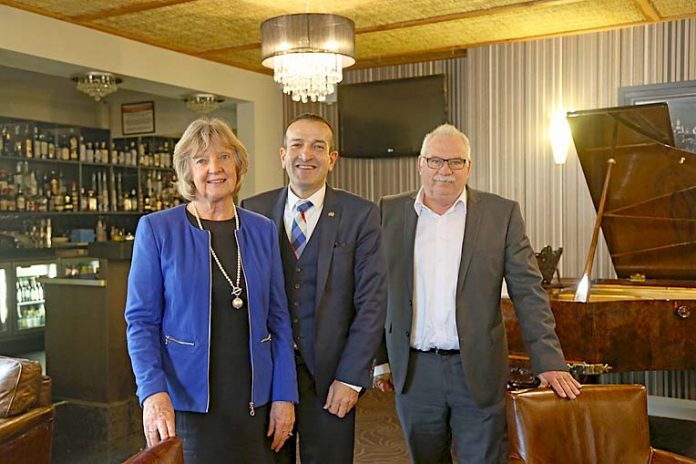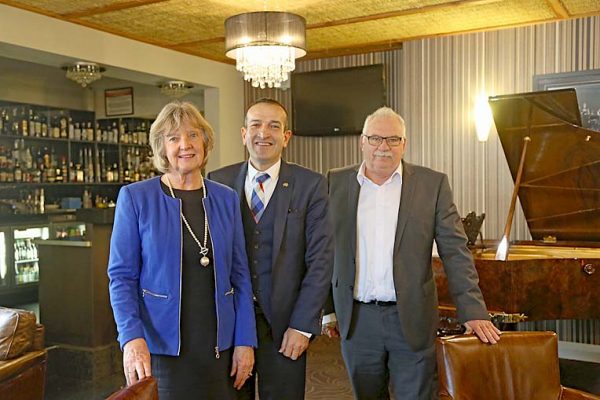

THE State Opposition is yet to come to a position on rate capping despite the Liberal Party’s legislation being debated in parliament, Shadow Local Government Minister Tony Piccolo says.
The Labor MP addressed mayors and chief executives at last week’s Limestone Coast Local Government Association board meeting on the proposed move to cap council rate increases.
Mr Piccolo said while the State Opposition had “great concerns” about the legislation, it was yet to form a formal position on the issue.
“We do not know what councils will get out of this process or the ratepayers,” he said.
“If they are going to cap your rates, effectively they are going to cap your budgets.
“Whether you pay more or less rates, it really tells you nothing.
“If you pay more rates and the community is happy, that is what matters.
“People just want to know they are getting value for money.”
Mr Piccolo highlighted the government’s proposed implementation of an independent regulator to determine caps on a region by region basis as of major concern.
He said restricting the amount of rates councils were able to collect would negatively impact economic activity and jobs growth.
“I do not think people fully understand what has been proposed by the government and the ramifications it will have on councils,” he said.
“It has encouraged councils to do a bit more planning and forward budgeting, but I think we can achieve that without rate capping.”
At a special Local Government Association board meeting, held on the same day as the LCLGA meeting, mayors resolved to unanimously oppose the legislation.
A lack of evidence around the efficiencies and savings and the failure of similar rate capping schemes interstate were cited as major factors in its rejection.
In a statement, the LGA said State Government increases to the Solid Waste Levy, Natural Resources Management Levy and taxing councils to build roads had added millions of dollars to rate notices each year.
“Our sector will keep working hard to contain costs and we call upon the State Government to do its part and provide immediate relief to ratepayers by stopping cost shifting to councils,” the statement said.
“The LGA is building on the success of our sector-wide procurement and insurance schemes and will launch a new range of commercial services for members that will offer significant savings to councils and their ratepayers.
“Local government is ready for reform, but councils cannot do it alone.
“The LGA wants to partner with councils, the government and parliament for sensible, evidence-based changes that will deliver real and lasting benefits.
“Benchmarking for councils, standardising council audits, a better code of conduct system and considering opportunities to diversify local government revenue are all potential reforms that have been identified by the sector.”
The Local Government (Rate Oversight) Amendment Bill is expected to progress to the Legislative Council in September..





